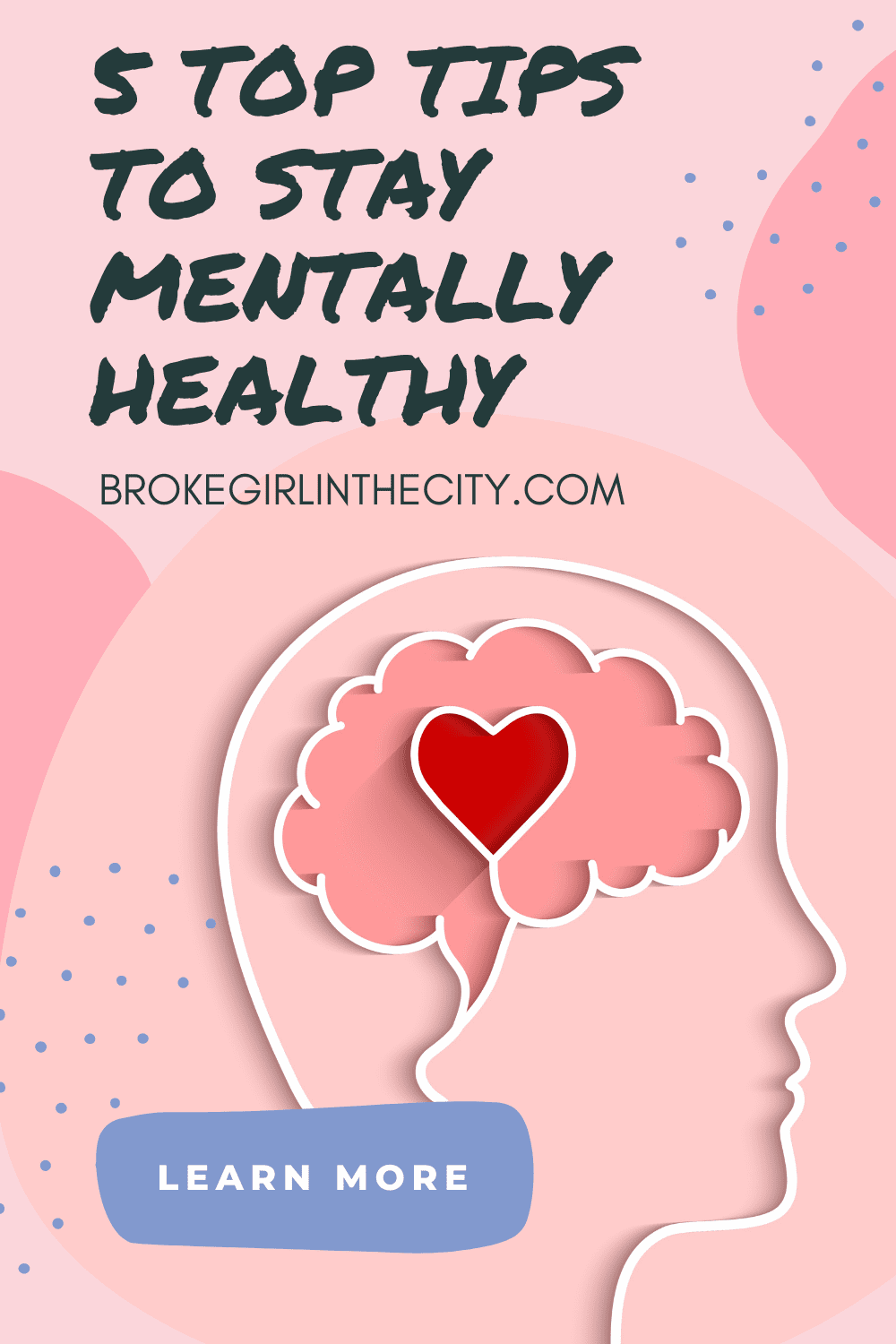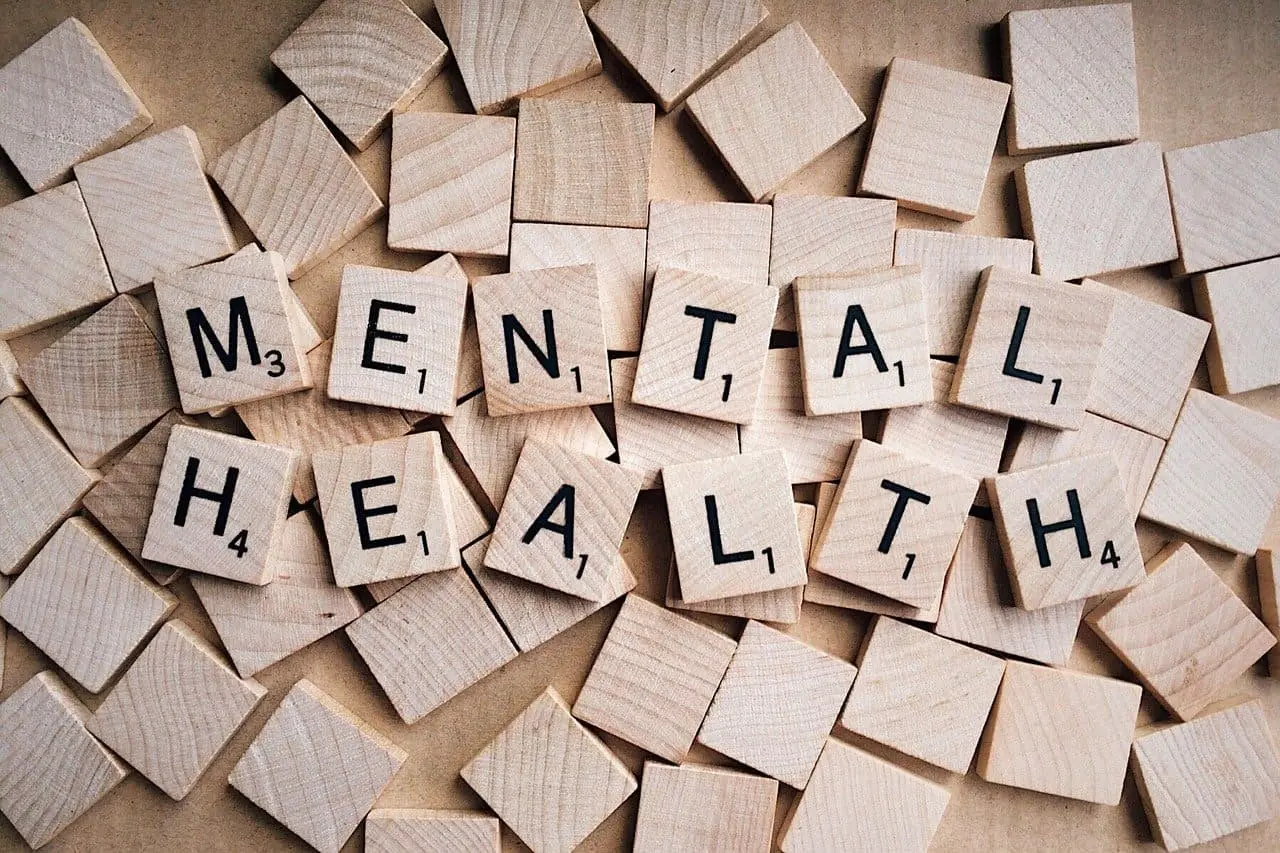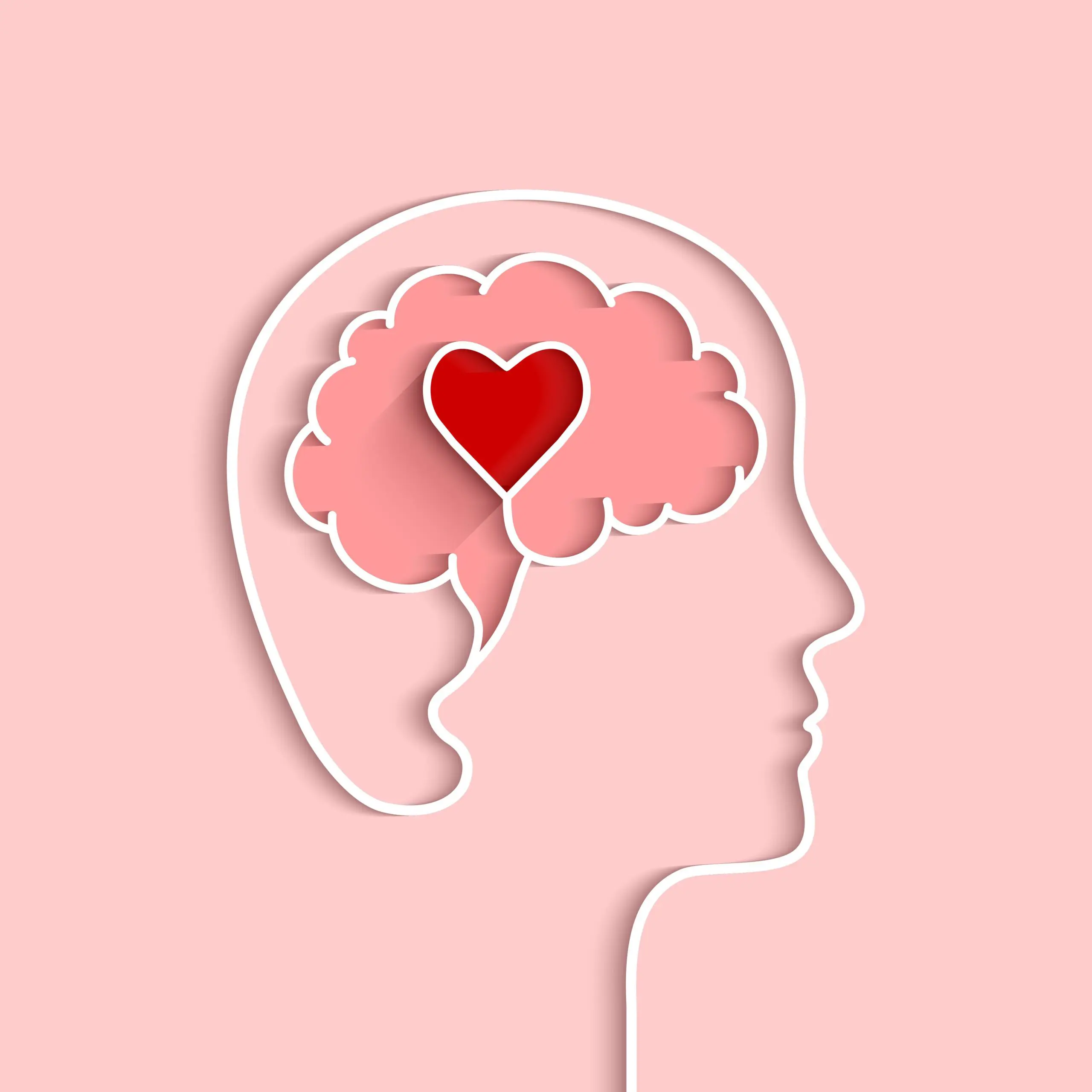
Top Tips To Stay Mentally Healthy
Mental health is essential as it affects all areas of your life. It includes your ability to live a happy, productive life. Mental health is affected by the way you think and feel. Being mentally healthy can help you cope with the challenges life may present you with.
Stigma on mental health is something that has always existed. Unfortunately, some still think having mental health problems is equal to being crazy. However, this is not the case.
A mental illness or disability could affect people’s cognitive abilities and moods. In some cases, people dealing with mental health issues may also be reluctant to acknowledge their condition. This behaviour could delay getting treatment and may increase the length of time it’ll take to recover. Reluctance to acknowledge their condition is often caused by people with a mental illness being misunderstood, embarrassed, and isolated. But waiting for someone to recognize they have a problem is often much more difficult.
This is why mental health should always be a priority. Now if you’re considering seeking help from an expert, your ultimate concern might be: mental health clinic near me? And if you think mental health and wellness should be given more attention, consider Yoni Mudra, and also read more below to learn more about mental health and how to stay mentally healthy for your overall health.

What Is Mental Health?
Mental health is an essential component of people’s personal and social aspects. Stable mental health helps an individual to cope with challenging experiences and make productive contributions to their communities. In other words, mental health involves living independently, participating in community activities and caring for oneself, work, and home.
Today, it’s believed that most mental health problems are manageable, and patients can improve their conditions through medication and psychotherapy. Both, however, require persistence on the part of the patient and ongoing treatment to improve the patient’s mental health and quality of life.
Why Is Mental Health Important?
Mental health is essential in all areas of life and contributes to the individual’s well-being. When many people find it challenging to get up, make decisions, and manage their stresses, stable mental health helps by enabling people to deal with day-to-day challenges, allowing them to take control of their lives.
The importance of mental health doesn’t just apply to how you feel daily but also how you physically feel. It would help if you were physically healthy to cope with the many stresses that life puts on you. Be mentally healthy to cope with those stresses, excel at what you do, and have good relationships with those around you.
What Causes Disruption In A Person’s Mental Health?
Some studies show the possible correlation between stress and mental health. Stress can increase the activity of chemicals such as cortisol—a stress hormone and the release of inflammatory hormones such as adrenaline, causing an initial surge in heart rate.
Chronic stress plays a critical part not only in one’s physical health but also their mental health. When there’s too much stress, there’s a rise in blood pressure and other stresses the individual might perceive as a physical problem. These physical problems can be manifested in chest pain or other symptoms such as dizziness, confusion, depression, and anxiety.
Substance abuse may also have a significant effect on one’s mental health. People with substance abuse are more likely to experience severe depression and substance use disorders. Similarly, substance users are more likely to experience severe panic attacks and obsessive-compulsive disorder than those people who don’t. Both mental illnesses and substance use disorders can worsen one another.

How Do You Stay Mentally Healthy?
Since mental health is critical to one’s life, it’s essential to make sure you take the necessary steps to keep your mental health in check. Here are some of the ways you can stay mentally healthy:
1. Manage Your Stress
Stress is considered the number one contributor to disrupted mental health. When you feel negative stress or too much pressure in your life, your brain will automatically find ways to cope. However, there will be times that you’ll feel overwhelmed and you think you’ll have a nervous breakdown.
That’s why managing your stress is essential to be mentally and physically healthy. Here are some ways you can do to manage your stress levels:
2. Take Some Alone Time
You can learn how to manage your stress by making sure that you have enough time for yourself. By setting aside time for yourself, you’ll be able to clear your head of all the business-related stresses that can trigger your anxiety. Moreover, having enough time for yourself allows you to rest.
You can also do some of the things you love when you’re alone. You can stay at home or visit a café and read your favorite book. Travelling alone will also give you the time to relax and explore new things. It’s important to give yourself time to enjoy doing the things that will make you relaxed and happy.
3. Practice Deep Breathing
Deep breathing exercises are a very effective way to achieve a relaxed mind and body. If you’re one of those individuals whose mind is continually on the run, a deep-breathing exercise can be beneficial in reducing your stress levels, anxiety, and panic attacks. When you feel an attack coming on, take a few moments to focus on deep breathing, slowly going deeper until you feel yourself gaining control over your anxiety attack.
4. Frequently Take Breaks
Modern life is so busy and filled with many different tasks and chores you must fulfil daily. It will help to take frequent breaks in between so you can slow down before it gets overwhelming. When you’re trying to finish a task, take a break for at least five minutes when you feel like you’ve been doing too much work. Taking a break will help you clear your mind and reduce the stress you’re feeling when you’re doing work.
5. Exercise Regularly
Another way to reduce the effects of physical stress in your life and boost your mental health is to do regular exercise. Exercise and mental health go hand in hand to improve your mental health and well-being. Exercise releases endorphins into the brain, allowing you to feel good.
You can also choose exercises that include activities that give you relaxation and release your mental stress, such as yoga, tai chi, meditation, aromatherapy, and deep breathing. All these practices are grounding techniques and can help calm you down and release the negative energy that often accompanies depression. If you find your depression persists despite your physical workout, you may want to consult with your doctor to ensure no physical problem is causing your depression.
6. Listen To Relaxing Music
Listening to relaxing music is a great way to ease your mind and body into a state of inner peace and deep relaxation. You can also listen to classical orchestral music to boost your mental health.
The effects of stress and anxiety can also negatively affect the physical health of an individual. Music therapy has positively impacted the physical, mental and emotional health of individuals who regularly listen to it. Music therapy can reduce anxiety and tension and is a great way to cope with stress and anxiety. It would help if you tried to listen to music that has a calm, soothing quality.
It has also been found that listening to music while you sleep will increase the duration and quality of your sleep. People with sleep issues are advised to listen to instrumental or slow-moving music. This allows for more deep, relaxing, and peaceful sound effects to seep into your consciousness. This can help with any sleep issues you have, such as restlessness, insomnia, sleep apnea, or periodic limb movements.
7. Interact With Your Friends
Having emotionally stable friends who stay by you even when things get rough may help you become more resilient and receptive to your problems. Having a friend around is having someone who understands your difficult time, offers encouragement and helps you through the hard times. If you’re not lucky enough to have that same friend available to you when your world is falling apart, there are other ways to get through it, including joining a support group or writing in a journal.
The benefits of having friends go beyond the obvious, like making you less lonely in old age. Friends help you overcome obstacles by supporting and helping you reach your goals. A close friend can pull you out of difficult situations and get you through them. Even if you don’t have a close friend or your friend with one your age doesn’t live nearby, it’s still a great way to meet new people with similar interests and goals.
8. Talk To A Mental Health Professional If Needed
When you feel like your mental health is going downhill, it’s best to acknowledge the problem and talk to a mental health professional as soon as possible. A mental health professional is either a medical doctor or psychotherapist who provides medical services for either treating mental illnesses or enhancing an individual’s mental health.
These health professionals can be found in hospitals, private clinics, and organizations. They can provide counselling services as well. Mental health professionals work to improve a person’s life and the quality of that life by helping him or her to manage stress, depression, anxiety, and other psychological disorders.
Summary
Mental health is an essential component of working productively in modern society. If you’re struggling with a mental health problem or experiencing symptoms, you should try to improve your mental health and the quality of your life. It takes dedication, patience, and ongoing support to successfully cope with any mental illness and improve your quality of life.
To stay mentally healthy, you should find ways to manage your stress by doing things that make you happy or feel relaxed. It’s also beneficial for your mental health to do some regular exercises, meditation or yoga. Talking about your problems is also helpful to keep your mental health in check. You can share your thoughts with a trusted friend or find a mental health professional to help you out.

